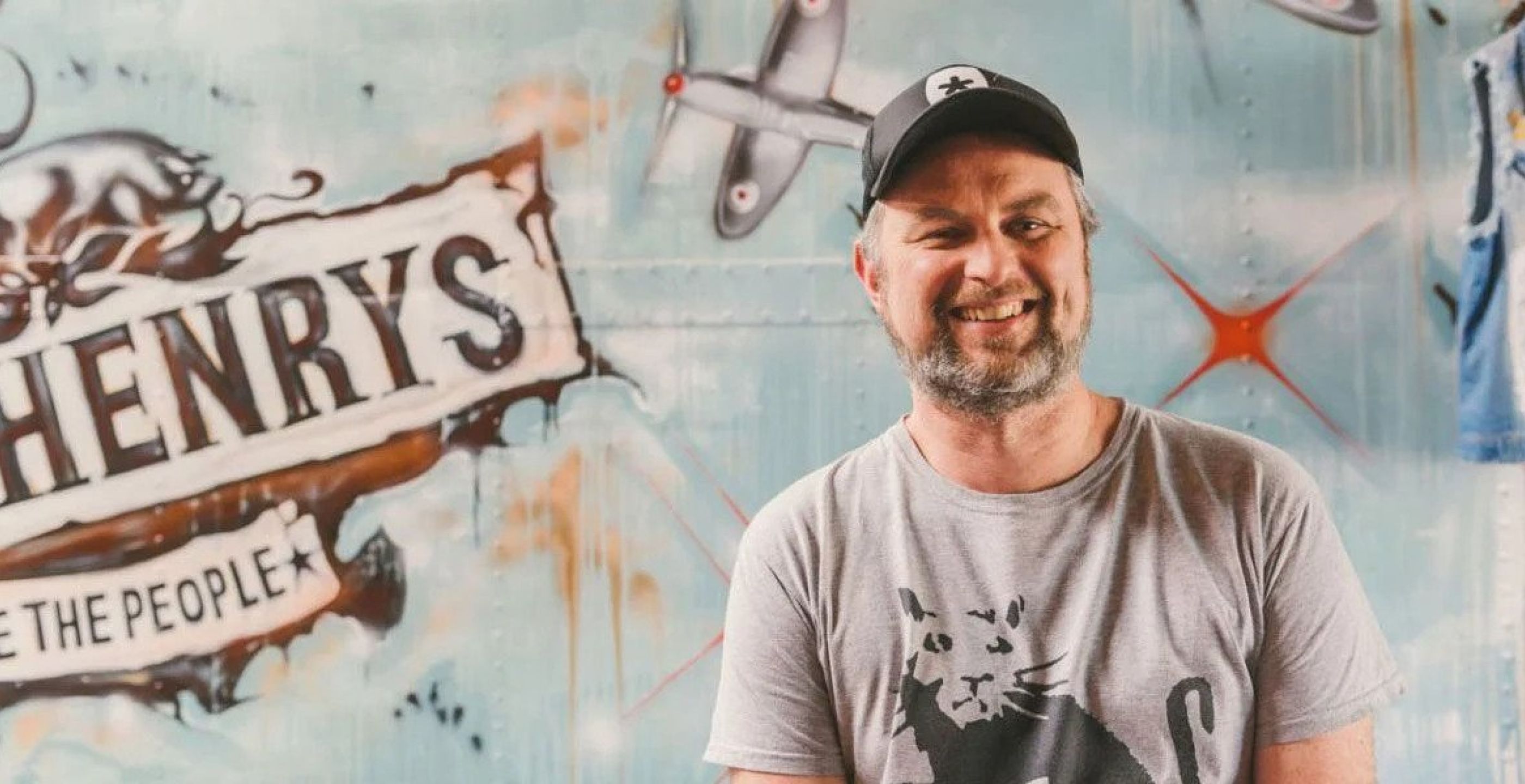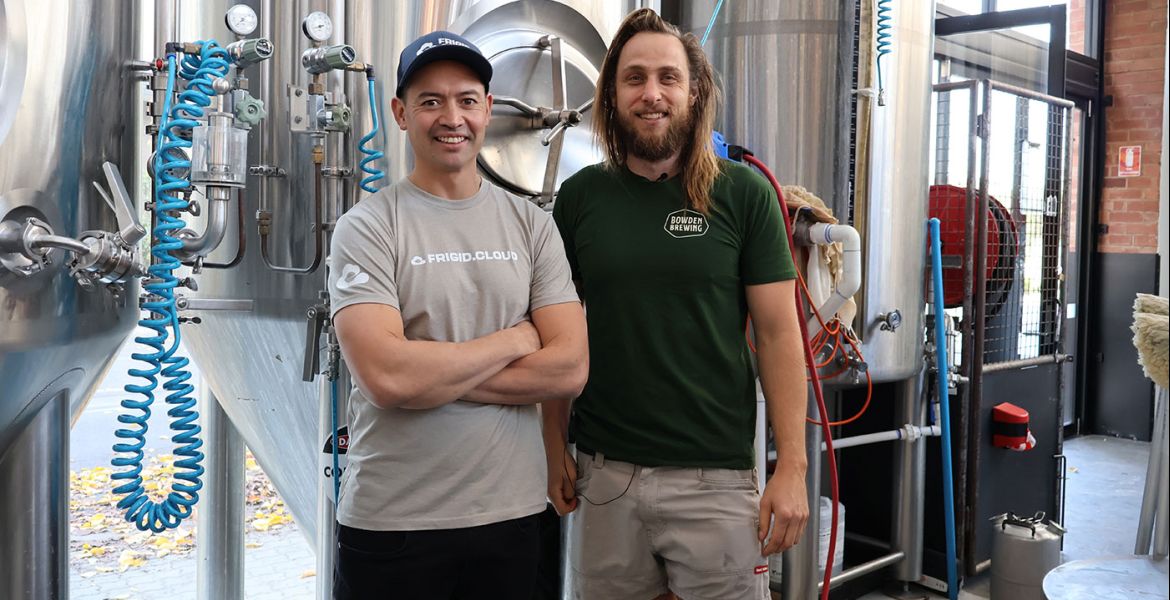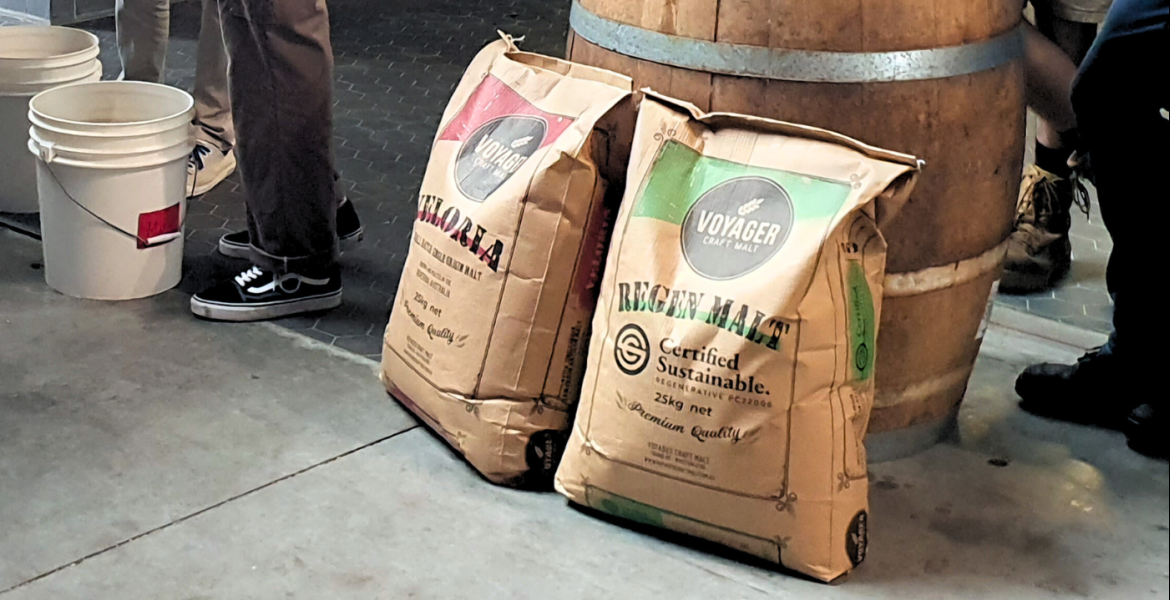Are the years somehow getting longer or are they just busier?
Take a look at some of the indie beer world's major events in 2021. The Indies were streamed as recently as November yet it feels like far longer, while the pandemic's impact on our collective psyche makes Good Beer Week seem like a lifetime ago, if not some wild imagined dream.
In hindsight, the very fact that weeklong party, not to mention a trio of GABS festivals, took place in May and June and managed to avoid COVID lockdowns seems downright miraculous, especially when many other major events, including the Independent Brewers Association's BrewCon – cancelled two years running – didn't enjoy the same fate.
Amid the cancellations, there were causes for celebration, however. Many in the beer world came together during the live-streamed Indies, and there were changes to excise refunds for brewers that followed multi-year-long lobbying efforts from the industry. Yet there were low points for the indie sector too: the sustained lockdowns in the country’s two most populous states and its capital; the shock felt by many when one of the country’s biggest independent brewing companies was bought by Kirin-owned Lion.
And, for all the crossed fingers and fervent hopes that the end of 2021 would deliver a clean slate for a hospitality industry brought to its knees in much of the country, the pandemic remains frustratingly, and damagingly, persistent. Technically, there's no lockdown, and restrictions on venues aren't as harsh as they have been in the past, yet bars, pubs, taprooms and restaurants have been forced into opening and closing due to COVID-positive staff and close contacts. Skilled employees are in short supply and supply chains are buckling too.
In short, there’s plenty for the IBA to tackle in 2022, following the election of a new chair and a number of new board members in November.
Stepping into the hot seat as chair is Young Henrys co-founder Richard Adamson, who spoke to The Crafty Pint about his vision for the IBA as the association enters its second decade. It's a vision with a central focus on sustainability that goes beyond environmental and business sustainability to engender the fostering of a more diverse industry, and on promoting the indie beer world better to the wider beer-drinking public.
It also includes an area Richard didn’t expect to be a priority when he was appointed: a major review of The Indies. After November's awards were announced, several state trophies changed hands once it became clear a handful had been allocated incorrectly over a three-year period due to an administrative error post-judging; now, following feedback from members, the review process has become more wide-ranging.
“It’s everyone’s Indies awards,” Richard says. “We’re going to have a look at all parts of the awards. From how we select judges, what are the criteria, what’s the scoring system we use, how we award medals and trophies, and who manages it. It’s all on the table.”
It’s not the only review underway either; KPMG has been brought in as the IBA conducts a strategic review involving a range of industry stakeholders that's set to provide a blueprint for the next decade.
Richard says he wants the independent industry to be focused on its own sustainability. And while that might be unsurprising coming from a brewery owner who heads up a quite literally green project in which algae feed on Young Henrys' CO2 emissions, he says that's just one element of sustainability to consider: there's also a need to address labour standards and diversity within the industry.
"I think everyone needs to do a similar process and do their stakeholder engagement and look at what’s materially important to the stakeholders in their business,” he says.
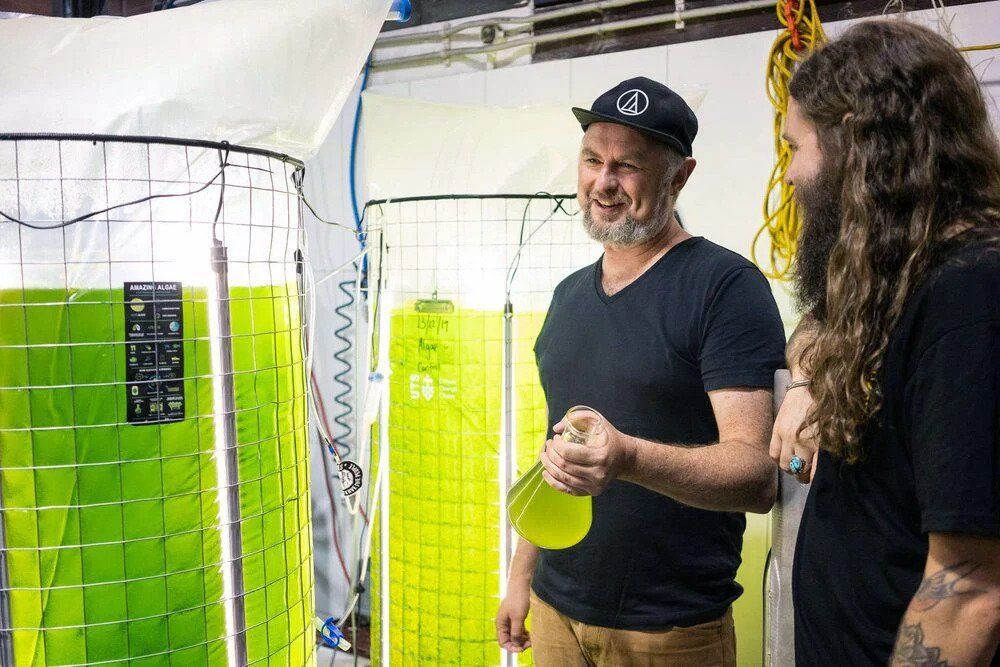
Key to this is individual businesses focusing on their own workplace safety and the wellbeing of staff and customers.
“If we’re going to compete with the big guys," he says, "then we need to make sure we’re the good and ethical choice – and that’s going to take a lot of looking within."
In line with that is a need for the industry to address issues of gender and racial diversity and to ensure it is LGBTQI+ inclusive. Richard says this can be achieved in many ways, such as making sure uniforms fit all body shapes and sizes, for example, or the manner in which breweries present themselves to consumers and potential employees. Within this, he sees the IBA’s role as giving members the guidance and tools they need.
“These things will go a long way towards having a sustainable industry,” he says. “Because it is a diverse customer base out there, and if you’re only going to be reflecting the dominant male, white culture in the people you employ and how you market your products then they’re the only people that will buy your products."
The issue of sexual harassment and abuse in the craft beer industry was one of the biggest stories in beer in Australia and internationally in 2021. Since the first headline stories broke in May, Richard has been involved in developing a Code of Conduct that sets out obligations for IBA members, and a group called Beer Agents For Change was formed by five women from the wider beer community and went on to launch the Australian beer world's first diversity survey.
A year in the role isn't long, but Richard hopes by the time he hands over to the next chair the industry will be further along this more sustainable and diverse pathway, and that any steps taken now will enable change to come.
“It will take some time. But if we make the steps, then we’ll start seeing the difference," he says, highlighting the growth in training opportunities over a relatively short period as one of the IBA’s key successes in recent years.
The Certificate III TAFE course in NSW in which he's played an instrumental role has already welcomed more than a hundred would-be brewers through its doors, and Richard hopes the introduction of Certificate IV training options that focus on management and leadership will better equip the industry into the future.
“I tend to feel there’s a lot of brewers out there who become head brewer who have the technical nous to be a head brewer but – and this is not their fault – they don’t have the experience or training around team leadership.”
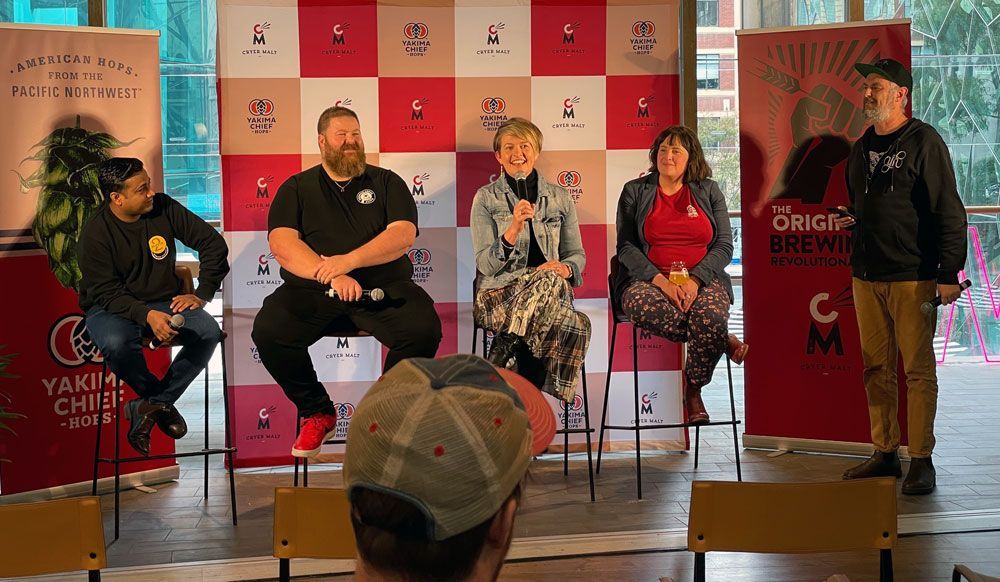
Environmental sustainability remains a key component of the IBA’s plans, with the association launching a sustainability benchmarking tool late last year to help members measure their energy use and improve practices.
“All brewers know if you can’t measure something, you can’t control it,” Richard says. “It’s also important to set achievable goals – it can be very overwhelming to look at your entire carbon footprint.
“We know the consumer wants to see this and beer drinkers want to know the company cares.”
The need for the industry to look at itself and ensure breweries are doing the right thing is a theme to which Richard returns multiple times, including in the area of transparency. He believes it's important to remove any confusion about which breweries and brands are independent and which are part of CUB/Asahi or Lion/Kirin, and that for indie brewers to be able to call out transparency, they need to practice what they preach.
“Again, I think we need to look within and look at truth in labelling, and that covers getting alcohol content right [through] to your origin and provenance,” he says. “So, I think if you are going to be contracted it’s very important to put that in the label – it goes towards transparency and trust.
“If we’re asking for truth of origin in labelling from the big guys, then we have to do the same thing and lead first.”
As for the impact on the industry – as well as consumer confidence when it comes to supporting independence – of the high profile acquisition of the IBA's largest member, Stone & Wood and its associated brands in the Fermentum Group, he hopes some of the stigma can be removed when brewery owners decide to sell.
“There’s no shame in exiting,” he says. “I think there’s more to be said about discussions about managing that strategy of how you’re going to maintain your business when you want to do some other things, or others in the business want to do other things.”
As he pointed out at the time of the sale, much of indie beer's growth comes from smaller breweries and brewpubs.
“My belief is that the growth in independent beer will come from the regional centres and it mainly will be smaller breweries that service a smaller marketplace, whether that’s geographical or by the types of beers they produce,” Richard says, adding that the focus needs to be on what makes the industry appealing rather than what it's not.
“I think it is about selling the values of independent beer: that we are in touch with our communities, we are creative, we have a maverick streak in the way we do things, and we do make decisions around the things that we are passionate about, not necessarily about things that are the best for our bottom line.
“I don’t think we want to compare indie beer with what we don’t do or talk about the big guys. I think it’s really about talking about our own merits."



